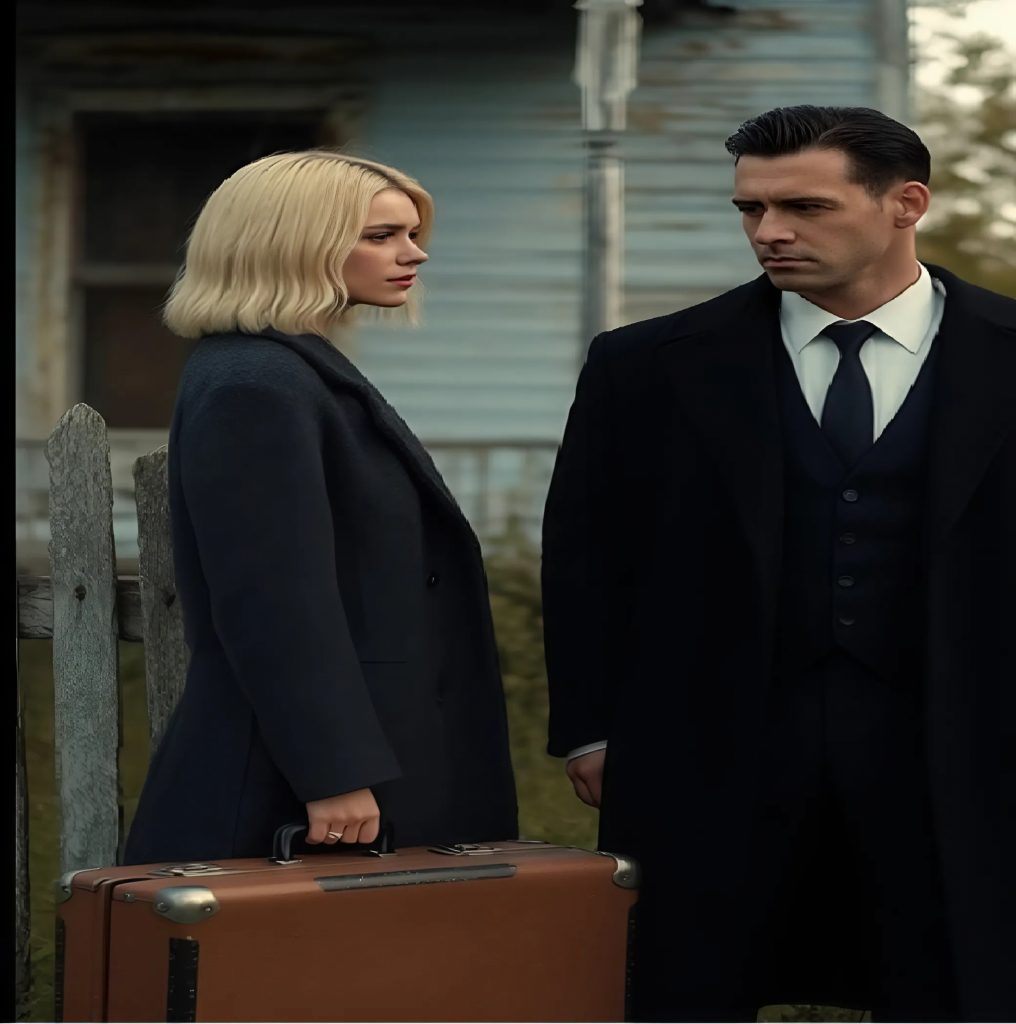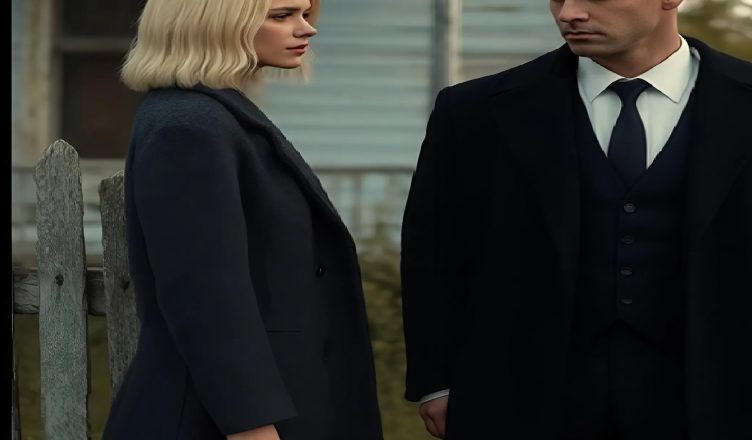Anya stood at the edge of the overgrown path, staring at the decaying gate of the house she had once visited as a child. Her mother’s house. Now hers, though she barely felt it belonged to her anymore. The wind rustled through the dry grass, and the air smelled faintly of pine and distant rain. It had been over ten years since she last set foot in this place, and now, alone, abandoned, and hollowed by betrayal, she was back.
Only weeks earlier, she had been a wife. A trusting, devoted woman who thought loyalty meant something. Her husband — Viktor — had shattered that illusion in a single evening, when she came home early and found him in their bed with another woman. A woman she had once called a friend.
They didn’t apologize. They didn’t even hide. They laughed.
“Everything you are,” Viktor had said coldly, buttoning his shirt, “is because of me. You’re nothing without me.”
In the days that followed, her world crumbled with methodical cruelty. Viktor, who controlled most of the assets and their joint accounts, froze her out. He had long ago manipulated her into signing the house over to him, the car, even her grandmother’s jewelry. With help from a slick lawyer — one she’d foolishly trusted — he left her with nothing but legal papers and bitter silence.
But there was one thing he couldn’t touch. The old, neglected house in the countryside. Her mother’s last gift. Untouched by marriage contracts or city lawyers. It had always seemed like a burden. A crumbling ruin of another life. But now it was all she had.
Mocked and humiliated, Anya came here not with hope, but with despair. She had nowhere else to go.
The first night in the house was cold, and the silence pressed against her like a weight. The floor creaked with every step, and cobwebs draped the corners like forgotten veils. She lit a fire in the small stone hearth and sat wrapped in a blanket that still smelled faintly of lavender and smoke.

It was then she found the letters.
They were hidden beneath a loose board in the bedroom floor. Dozens of them — all addressed to her mother. But not from her father. From someone else. A name she didn’t recognize. A man who signed each page with tenderness, sometimes anguish, sometimes hope.
Each letter painted a portrait of her mother not as the stern, reserved woman Anya had known, but as someone deeply alive — full of dreams, rebellion, and love. A woman who had given up a great passion for the sake of raising her child in peace. A woman who had once, long ago, inherited not only this house — but land. Hidden land.
Tucked among the letters was a map.
Anya didn’t sleep that night.
Over the following days, she began to explore. The house was larger than it appeared — a small cellar revealed a storage space lined with old bottles, tools, and a rusted safe. Behind the house, the garden had long since grown wild, but something about the earth there felt untouched. Purposeful. It was on the third day that she found it: a deed. A notarized document buried in an envelope inside a hollow wall.
The land extended far beyond the fence line. Several acres of untouched woodland — rich in timber, and more importantly, mineral rights. Her mother had known. She had left it hidden, perhaps afraid it would fall into the wrong hands.
And now, it had come to Anya.
She did not call a lawyer. Not right away. She called an old friend — one of the few who had stayed close. With help from a quiet, ethical firm, she reestablished the title, registered the property, and began inquiries into environmentally conscious developers. The value? Substantial. Enough to not only rebuild her life, but quietly destroy the one Viktor had built on lies.
She said nothing to him.
Not until the papers arrived at his office — a formal notice of a claim filed against him for the fraudulent transfer of assets during their marriage. The funds he thought secure were frozen. His mistress, now aware that the money was drying up, disappeared from his life as quickly as she had arrived.
Anya, meanwhile, quietly sold part of the land and began restoring the house. Not for memory’s sake — but as a place of strength. She built a small studio in the back, began painting again, something she hadn’t done in years. She reclaimed pieces of herself one by one, like fragments of pottery mended with gold.
Viktor called once.
He was angry at first. Then pleading. Then apologetic. She listened.
And then she hung up.
The house her mother left behind had once seemed like a graveyard of the past. But it had become something else: a sanctuary. A mirror of the woman her mother had been — resilient, quiet, full of secrets that bloomed only when the time was right.
Anya stood in the doorway months later, sunlight pouring through clean windows, her hands stained with paint, her soul calm.
What she found there had changed everything.
And now — she wouldn’t trade it for the world.
